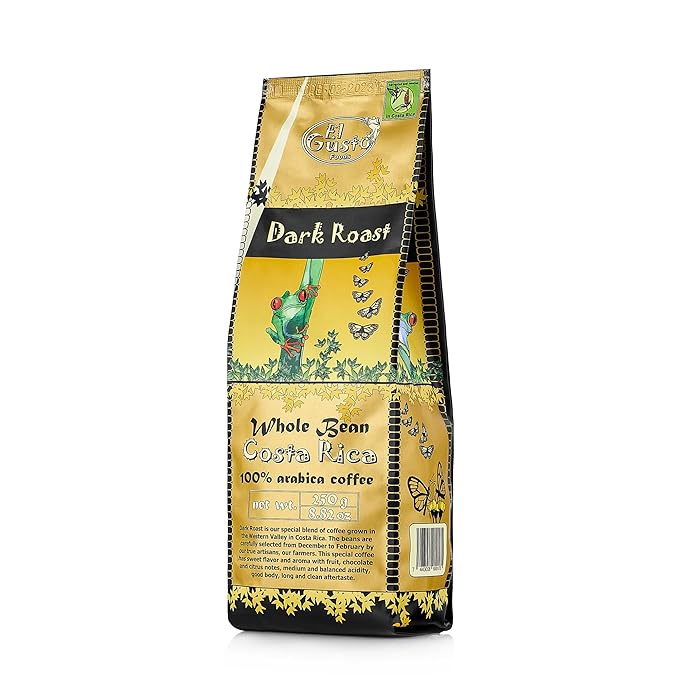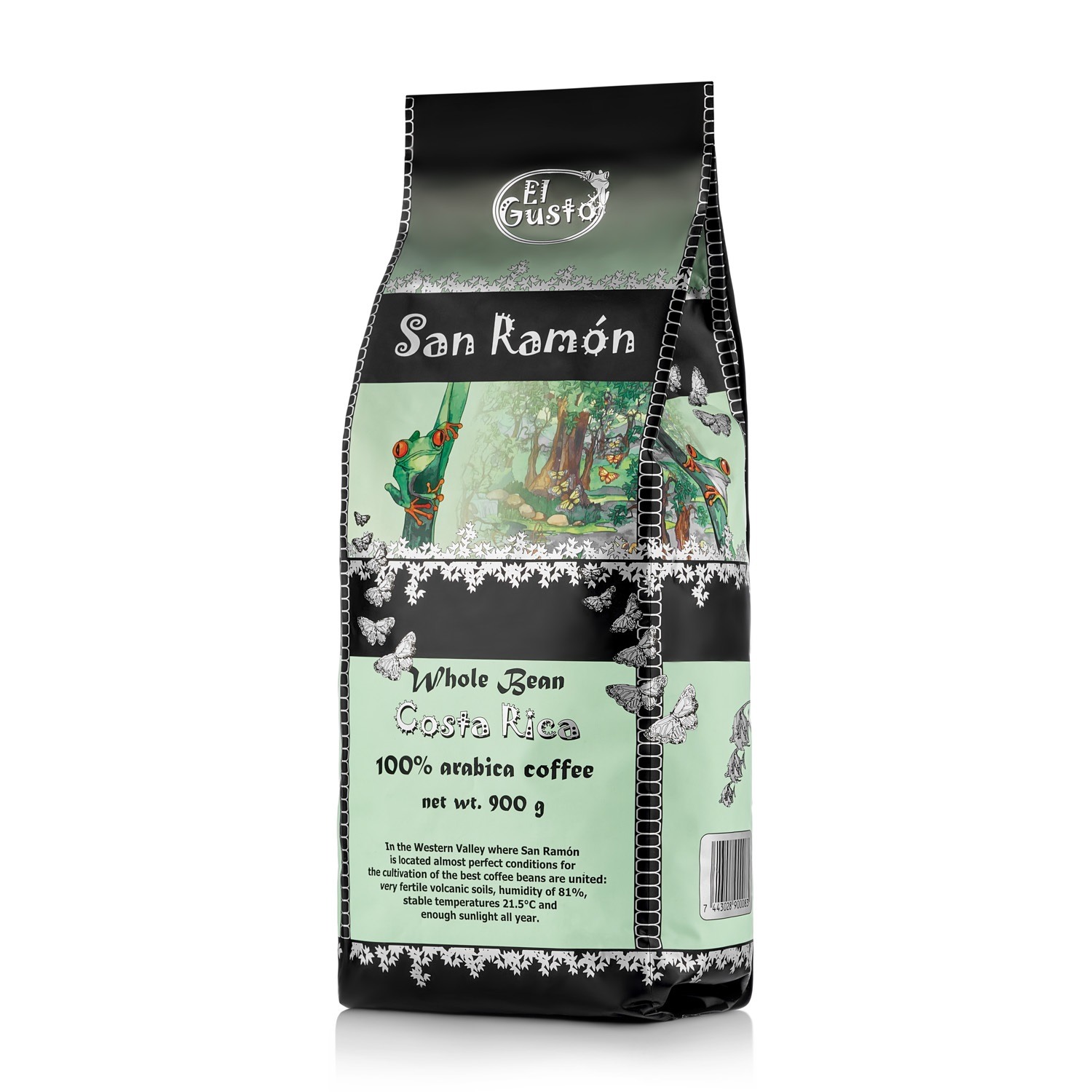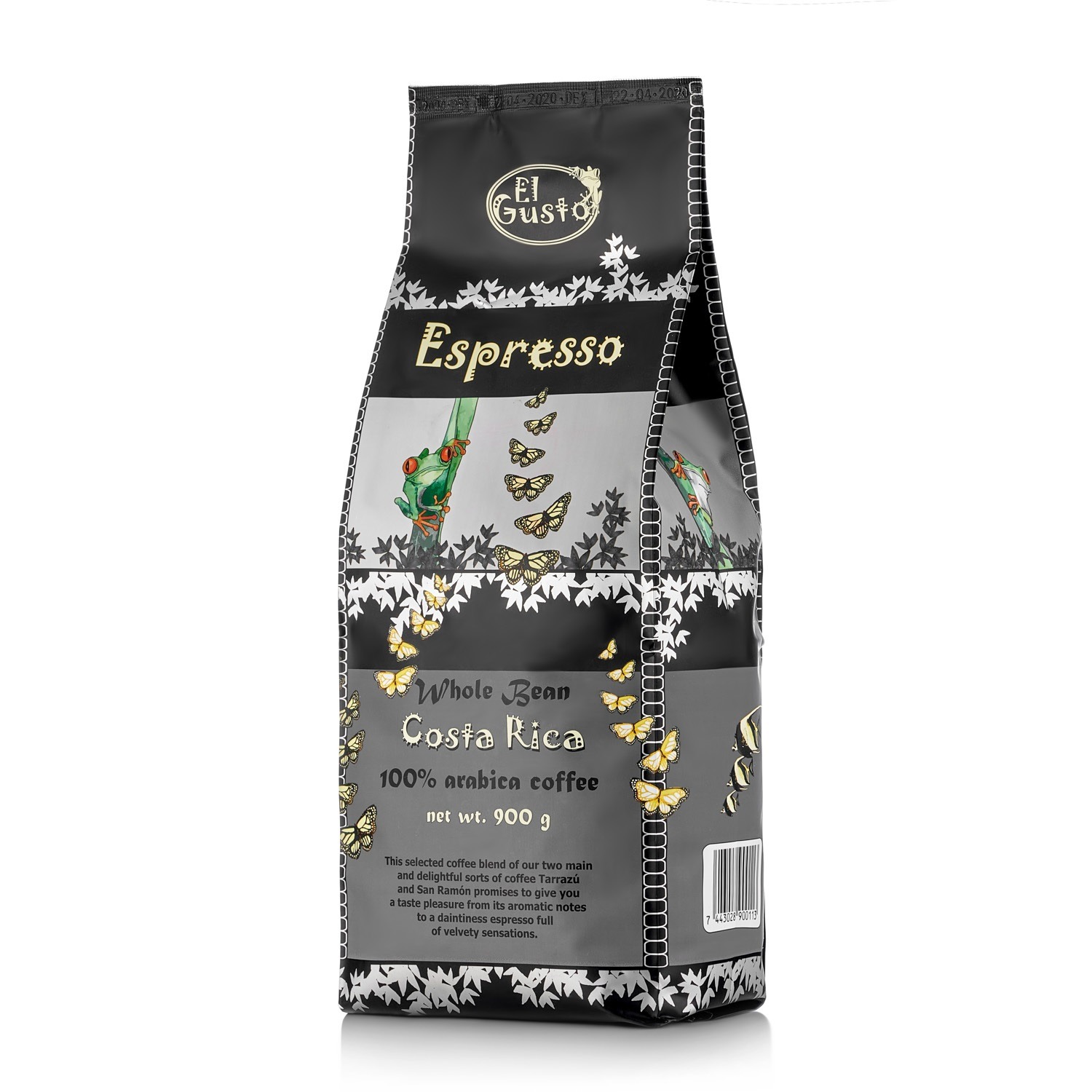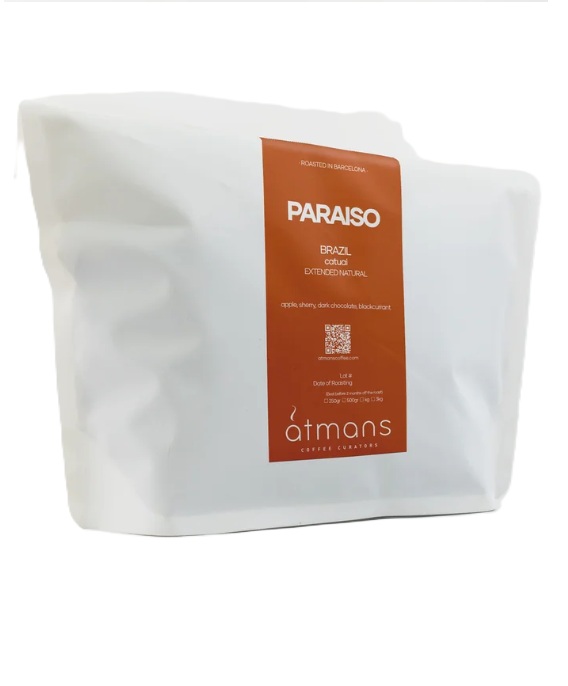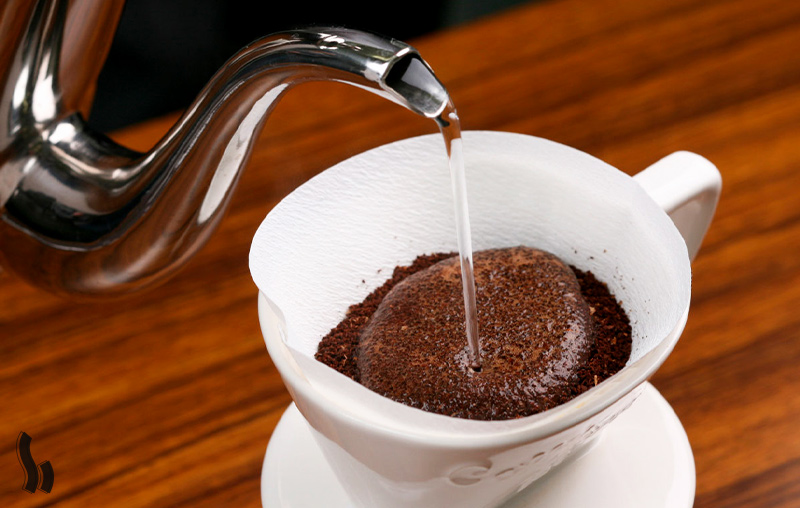
Why Quality Water Matters When It Comes to Brewing Coffee
Table of Contents
- The Role of Water in Coffee Brewing
- Key Factors of Water Quality
- How Water Quality Affects Coffee Flavor
- 1. Over-Extraction and Bitterness
- 2. Under-Extraction and Flatness
- 3. Balanced Extraction
- The Science Behind Water and Coffee
- Mineral Content
- pH Level
- Purity
- Tips for Using Quality Water in Coffee Brewing
- 1. Use Filtered Water
- 2. Consider Bottled Water
- 3. Test Your Water
- 4. Use a Coffee Maker with a Built-In Filter
- 5. Experiment with Water Blends
- Conclusion
Why Quality Water Matters When It Comes to Brewing Coffee
- azeem memon
- 16-06-2024
- 16-06-2024
- 1866 views
- Information

Brewing the perfect cup of coffee is an art and a science. Coffee aficionados know that the choice of beans, grind size, and brewing method are critical to achieving the ideal cup. However, one often overlooked but equally important factor is the quality of water used in brewing. Water makes up about 98% of a cup of coffee, so it’s no surprise that it plays a significant role in the taste, aroma, and overall quality of the brew. In this blog, we will delve into why quality water matters when it comes to brewing coffee, exploring its impact on flavor, aroma, and extraction. We will also provide practical tips for ensuring you use the best water for your coffee.
The Role of Water in Coffee Brewing
Water is not just a solvent that extracts flavors from coffee grounds; it interacts with the coffee on a chemical level. The minerals and pH level of water influence the extraction process, determining which compounds are dissolved from the coffee grounds. This extraction process affects the flavor profile, acidity, and body of the coffee.
Key Factors of Water Quality
- Mineral Content (Hardness):
- Hard water contains high levels of calcium and magnesium, which can over-extract coffee, leading to a bitter taste.
- Soft water, with low mineral content, can under-extract coffee, resulting in a flat and dull flavor.
- pH Level:
- Ideal water for coffee brewing has a neutral pH (around 7). Water that is too acidic or too alkaline can distort the flavor balance of the coffee.
- Purity:
- Chlorine and other chemicals commonly found in tap water can negatively affect the taste of coffee. These impurities can introduce unwanted flavors and aromas.
- Temperature:
- The temperature of the water used in brewing affects the rate of extraction. Ideally, water should be heated to around 195-205°F (90-96°C) for optimal extraction.
How Water Quality Affects Coffee Flavor
1. Over-Extraction and Bitterness
Hard water, with its high mineral content, can lead to over-extraction. When water extracts too many compounds from the coffee grounds, it can result in a brew that is overly bitter and harsh. This is because the minerals in hard water bond with the coffee compounds more readily, pulling out excessive amounts of tannins and other bitter substances.
2. Under-Extraction and Flatness
On the other hand, using water that is too soft can cause under-extraction. This means that not enough of the desirable flavors and aromas are being extracted from the coffee grounds. The result is a cup of coffee that tastes weak, flat, and lacking in complexity.
3. Balanced Extraction
The goal is to achieve a balanced extraction, where the water extracts the optimal amount of flavors from the coffee grounds. This results in a well-rounded cup of coffee with a harmonious blend of sweetness, acidity, and bitterness. For balanced extraction, water with moderate mineral content and neutral pH is ideal.
The Science Behind Water and Coffee
Mineral Content
Minerals like calcium and magnesium play a crucial role in the extraction process. They help in extracting desirable flavors from the coffee grounds, such as fruity and floral notes, while also balancing the acidity. However, too much of these minerals can overpower the delicate flavors and introduce bitterness.
pH Level
The pH level of water affects the solubility of the coffee compounds. Water with a pH level that is too high or too low can lead to an imbalanced extraction. Neutral pH water ensures that the extraction process yields a balanced flavor profile.
Purity
Impurities such as chlorine, chloramine, and organic compounds can introduce off-flavors to the coffee. These impurities can mask the natural flavors of the coffee and result in an unpleasant aftertaste. Using filtered or purified water helps in maintaining the purity of the coffee flavor.
Tips for Using Quality Water in Coffee Brewing
1. Use Filtered Water
Invest in a good water filter to remove impurities and chlorine from tap water. Filters can improve the taste and quality of water, ensuring that your coffee is free from unwanted flavors.
2. Consider Bottled Water
If your tap water is particularly hard or impure, consider using bottled water. Look for water that has a balanced mineral content and neutral pH. Some brands even offer water specifically formulated for coffee brewing.
3. Test Your Water
You can test the hardness and pH of your water using simple water testing kits available online or at hardware stores. This will give you a better understanding of the quality of your water and how it might affect your coffee.
4. Use a Coffee Maker with a Built-In Filter
Some coffee makers come with built-in water filters that can help improve water quality. These filters can remove impurities and balance mineral content, ensuring a better extraction process.
5. Experiment with Water Blends
For coffee enthusiasts looking to take their brewing to the next level, experimenting with different water blends can be a fun and rewarding experience. By mixing distilled water with small amounts of mineral-rich water, you can create a custom blend that enhances your coffee’s flavor profile.
Conclusion
The quality of water used in coffee brewing is a critical factor that significantly influences the taste, aroma, and overall experience of the final cup. Understanding the role of mineral content, pH level, and purity in the extraction process can help you make better choices when it comes to brewing your coffee. By using filtered or bottled water with balanced mineral content and neutral pH, you can ensure a more consistent and enjoyable coffee experience. Remember, great coffee starts with great water.








